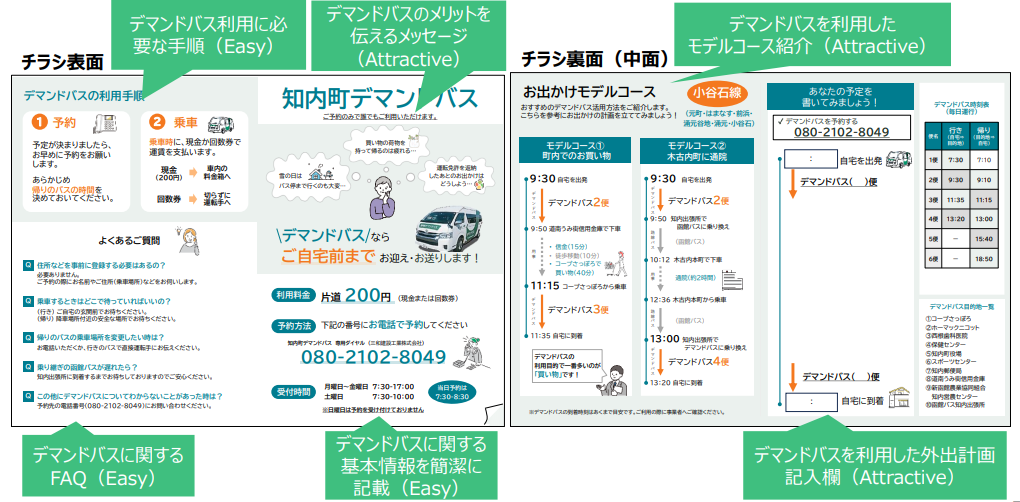It is crucial for policymakers and relevant service providers to motivate prosumers to continue adopting solar PV without relying on subsidized Feed-in Tariff (FIT) schemes. This is especially true in Japan, where utilities will no longer be obliged to purchase surplus power from residential PV installations after 2019. One possible solution is self-consumption of excess power, which will help prosumers to reduce energy bills and to shift peak demand besides energy efficiency. Batteries, heat pump water heaters and electric vehicles are some of the technologies expected to promote self-consumption.
We evaluated feasible technical solutions in order to understand the future prospects of self-consumption. We examined the implications of three aspects of future self-consumption: policy trends, business decisions, and prosumer’s awareness and intentions. The policy trends are crucial, so we summarized recent government discussions and decisions about self-consumption after the end of the FIT scheme, and the implementation status of policies that promote self-consumption technologies. In terms of businesses, we conducted qualitative research on relevant services presently offered by utilities and service providers. Lastly, to understand views of prosumers, we surveyed 1,500 households with PV regarding their awareness of the future decreasing purchase price of surplus power, their plans after the FIT ends, and their perspectives on the adoption of self-consumption technologies. Survey results show that of the total sample, 71% wish to continue operating their solar PV and 50% are interested in batteries, indicating that there is a promising market for self-consumption related technologies. Prosumers will nevertheless be saddled with considerable excess electricity in the near future because these self-consumption technologies are unlikely to be adopted quickly enough. This may reduce consumer willingness to install new PVs.
- 論題
- To PV or not to PV? Prospects for residential solar PV system and self-consumption of excess power in Japan
- 著者
- 岸田 真一, ユウローリン, 中上 英俊
- 掲載誌
- ECEEE Summer Study 2019, 2019.06

